Supporting small businesses to access finance for COVID resilience
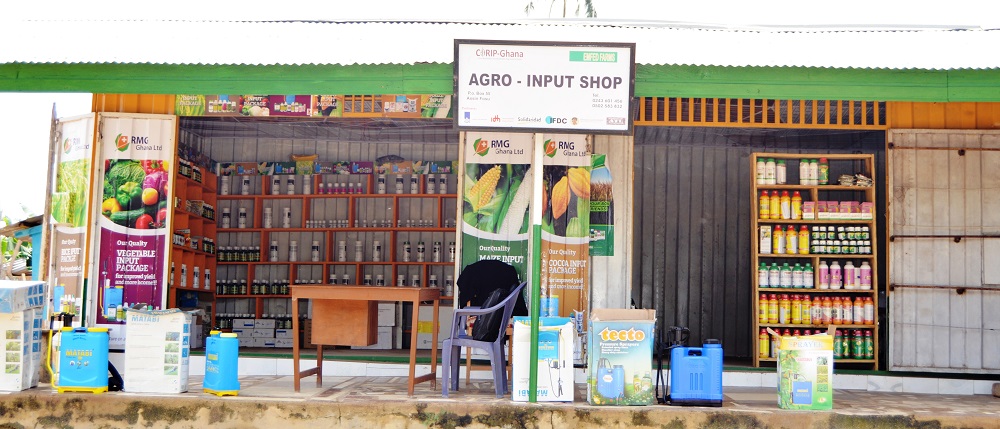
The COVID-19 pandemic has affected many businesses, including small and medium enterprises (SMEs) in the cocoa sector that provide critical services to smallholder farmers in Ghana. These small businesses, when provided with the needed support, play a vital role in improving the livelihoods of farmers through yield enhancements and market linkages.
Access to timely and affordable finance is, therefore, essential to fuel the growth of these enterprises during this pandemic.
Preparing SMEs for investment
Solidaridad, through its Cocoa Rehabilitation and Intensification Programme, funded by the Embassy of the Kingdom of the Netherlands in Ghana, has been building the capacities of participating SMEs to roll out service delivery models, referred to as rural service centers under the programme.
Through an investment readiness support model, Solidaridad prepares these service centres for commercial funding to grow their businesses.


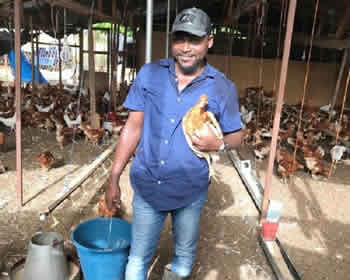 Success is for the daring. It is only those who are ready to press on in life that can succeed in any endeavour. That is what has accounted for the success of a young poultry farmer in Tamale, capital of the Northern Region in Ghana.
Success is for the daring. It is only those who are ready to press on in life that can succeed in any endeavour. That is what has accounted for the success of a young poultry farmer in Tamale, capital of the Northern Region in Ghana.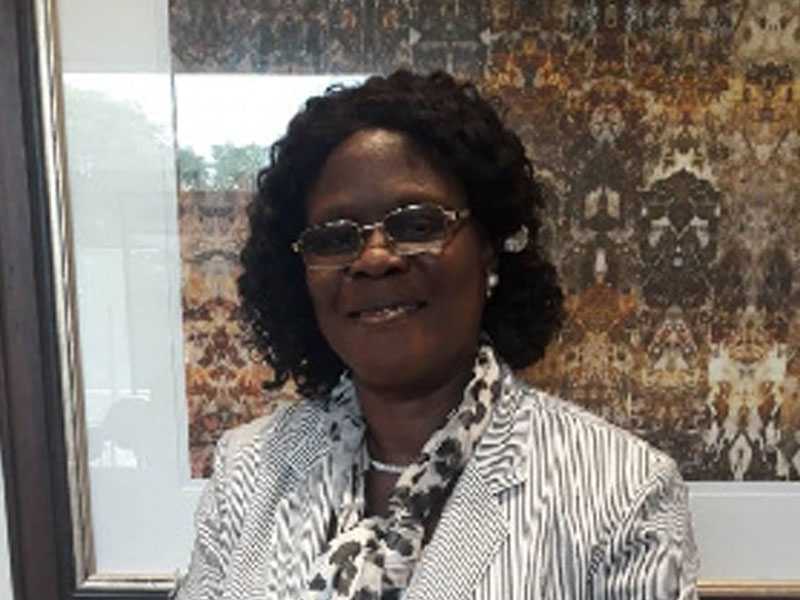 The Women in Poultry Value Chain (WIPVaC) has called for the speedy implementation of the Economic Community of West African States (ECOWAS) Veterinary Pharmacy Protocol in the country.
The Women in Poultry Value Chain (WIPVaC) has called for the speedy implementation of the Economic Community of West African States (ECOWAS) Veterinary Pharmacy Protocol in the country.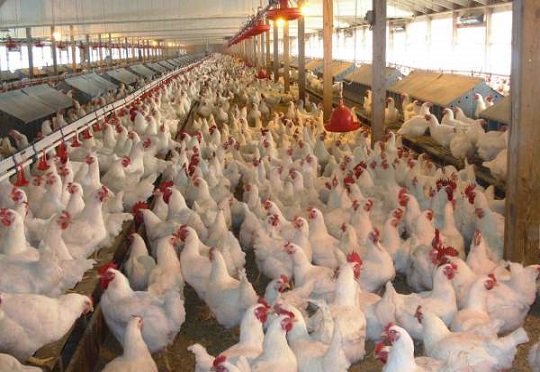 Poultry producers in Ghana are exploring new ways to facilitate training and conduct business online, while restrictions from the global outbreak of COVID-19 threaten to disrupt their livelihoods.
Poultry producers in Ghana are exploring new ways to facilitate training and conduct business online, while restrictions from the global outbreak of COVID-19 threaten to disrupt their livelihoods.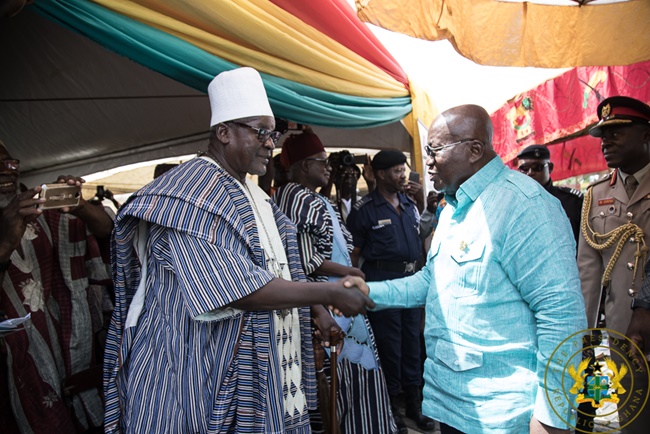 The President of the Republic, Nana Addo Dankwa Akufo-Addo, has launched the Rearing for Food and Jobs (RFJ) campaign, another module of his administration’s flagship programme – “Planting for Food and Jobs”.
The President of the Republic, Nana Addo Dankwa Akufo-Addo, has launched the Rearing for Food and Jobs (RFJ) campaign, another module of his administration’s flagship programme – “Planting for Food and Jobs”. Mr Samba Djiby Diallo, a Senegalese livestock expert, has urged the government of Ghana to remove barriers impeding livestock production and trading in the country to promote growth of the sector.
Mr Samba Djiby Diallo, a Senegalese livestock expert, has urged the government of Ghana to remove barriers impeding livestock production and trading in the country to promote growth of the sector. Climate change, socioeconomic and political uncertainties are likely to impact future developments in Ghana’s livestock sector. A review of Ghana’s livestock policy using a scenarios-guided multi-level approach was therefore deemed essential to improve its robustness to future uncertainties.
Climate change, socioeconomic and political uncertainties are likely to impact future developments in Ghana’s livestock sector. A review of Ghana’s livestock policy using a scenarios-guided multi-level approach was therefore deemed essential to improve its robustness to future uncertainties.